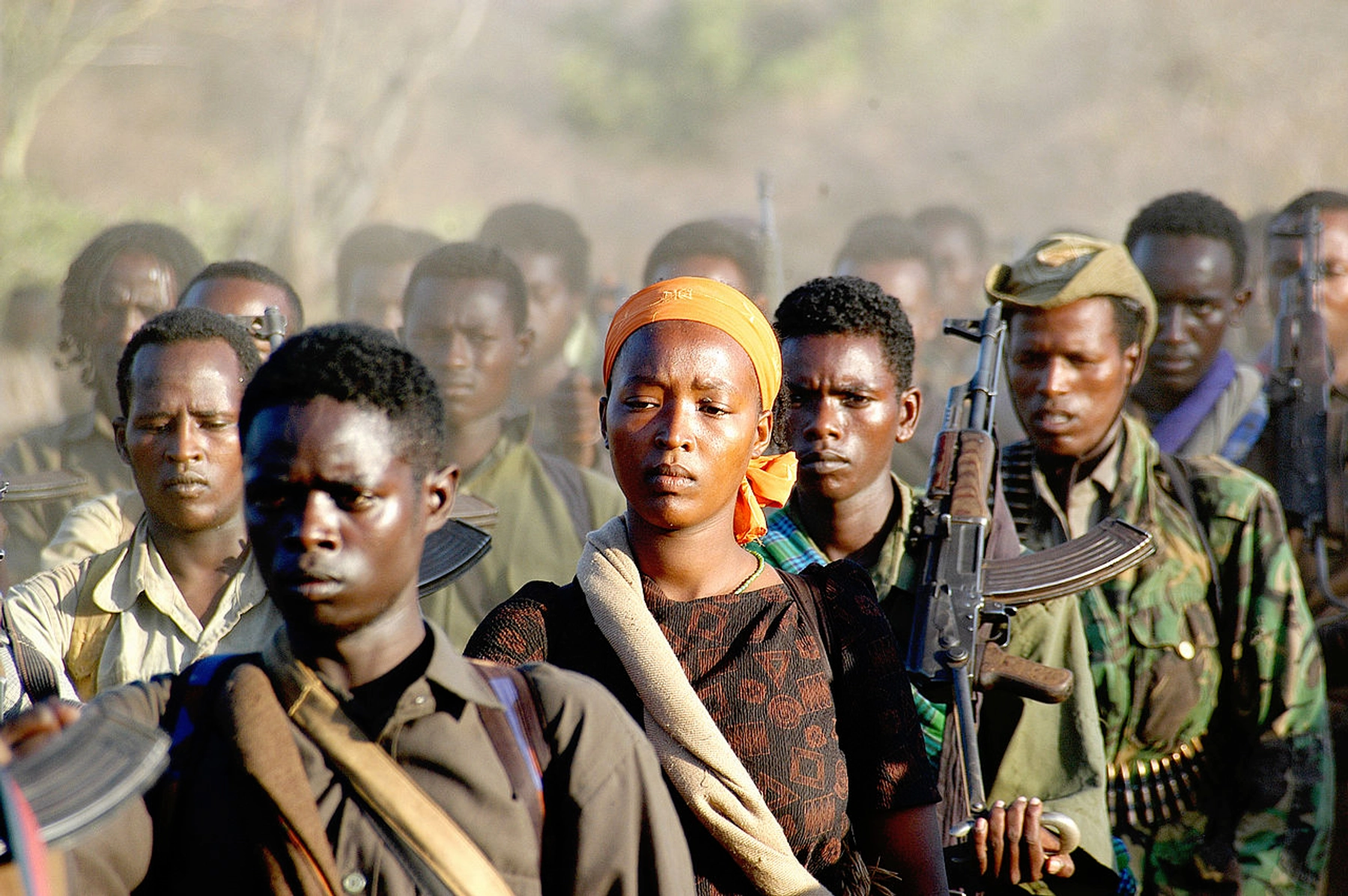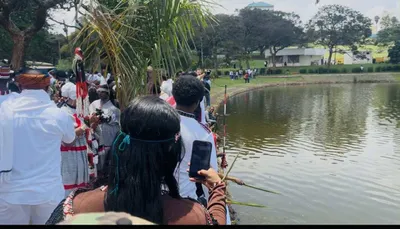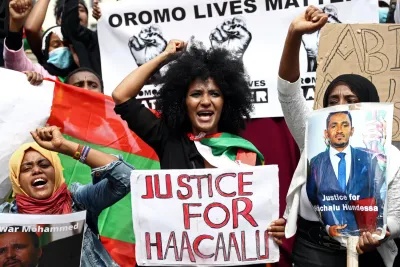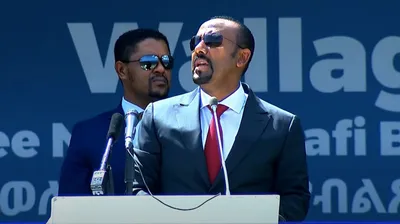What is the meaning of freedom for Oromia?

Oromo Liberation Army, Kenya 2006. Image credit Jonathan Alpeyrie via Wikimedia Commons
The term freedom has assumed an interesting ambiguity in relation to Oromia and the Oromo struggle. Certainly, there is a common understanding that it encompasses freedom from abuse of human rights, state-sponsored violence, and general oppression, but in what context?
Whether an empire, a communist state, or a multinational federation, Ethiopia has time and again failed to respect the lives of most groups who inhabit the country. The erasure of people who do not fit the Abyssinian paradigm has been a staple pursuit of Ethiopia since the empire was founded. The assassination of beloved Oromo artist and activist Haacaaluu Hundeessaa triggered a fresh iteration of this pursuit, which has placed the people of Oromia in a severe crisis. Displacement, rape, extrajudicial executions, arbitrary arrests and detention, and destruction of property, are atrocities that have all been suffered at the hands of the current Prime Minister’s regime. Emulating many a dictator, PM Abiy Ahmed has falsely imprisoned the leadership of his most potent Oromo political opposition, and postponed parliamentary elections. To compound the hopelessness, and in tragic irony, this is an Ethiopia led by a Nobel Peace Prize Laureate.
Since its founding days during the Scramble for Africa, and in line with what is customary of colonial imperialism, the Ethiopian Empire’s system of governance was designed to suppress and exploit. As the empire has morphed through time, this legacy has managed to endure due to mostly cosmetic attempts at democratization. Considering the inherent nature of Ethiopia’s politics, any person or entity that is seeking fairness by navigating within the system will inevitably find that it is structurally working against them. Which leads to the question: is there any real possibility for the Oromo nation to achieve enduring peace and prosperity within Ethiopia? If facts of both the past and the present are to be taken as indicators, the answer is quite firmly, no.
So, what can be a solution? Seemingly, there is reluctance within the mainstream political discourse to equate the use of the term freedom, with the terms independence or sovereignty. In a context where Ethiopian politics has deemed such sentiments radical or extremist, and the uninhibited expression of Oromummaa is perceived as a threat, this may be understandable. But relegating these conversations to the fringes of the political spectrum is part and parcel of Ethiopian censorship and silencing of dominated nations, and therefore speaking about freedom in the form of independence and sovereignty is a conversation that must be normalised. In fact, the right of any nation and nationality within Ethiopia to establish independence and sovereignty is enshrined in the constitution. If absolute escape from oppression through an authentically self-determined and autonomous Oromia is possible by means of a constitutional right, why compromise?
When considering Ethiopia, the analysis that is applied to other African nations regarding their struggles against colonialism and neo-colonialism is generally lost. The favorable disposition of many Ethiopians towards the complete shedding of European hegemony in Africa, the understanding of the lasting damage, and the acknowledgment of its impact on current affairs, is often not extended to nations within Ethiopia who experienced parallel subjugation by Abyssinian colonialists. Oromia has a right to be entirely free of Ethiopia’s colonial influence. Oromos deserve to undo the interruption to their sovereign history and pursue their lives in complete ownership of their future.
Envision an independent and sovereign Oromia. A state where people of all nationalities thrive in peace and prosperity. Where human rights, democracy, the rule of law, and freedom of expression are respected and championed. Where every person is at liberty to uninhibitedly express their identity and to live with a sense of pride and joy in their community. Where diversity is cherished and celebrated. Where access to economic, social, and educational opportunities is egalitarian. Where there is an equitable distribution of wealth and resources. Where access to healthcare is a right. Where political, economic, social, and cultural participation and influence exists for all.
That is freedom.
We need your support
We trust you found something of value in this article. If so, we kindly ask you to consider helping Curate Oromia continue its work.
If you believe in the importance of independent voices and honest reporting, we invite you to support our efforts through our GoFundMe campaign.
Every contribution, however small, goes directly to our writers and the expansion of our reach.
Thank you for your support.



